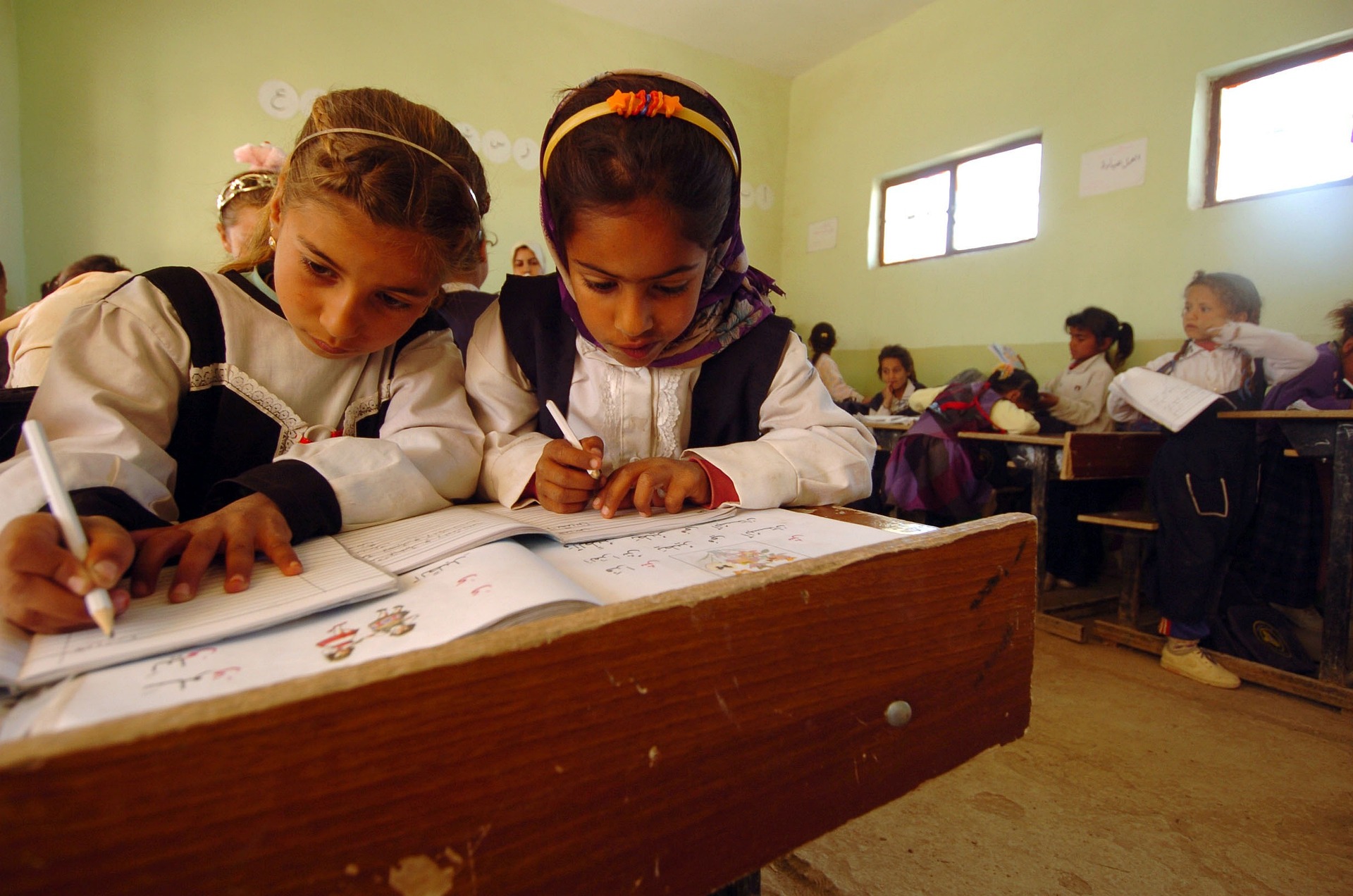
In the midst of the ongoing global conversation about gender equality and poverty reduction, one concept has consistently emerged as a transformative solution: educating girls. Boris Johnson, among other global leaders, has vocally supported the notion that the key to ending poverty begins with the education of every girl. This article delves into the heterogeneous benefits of girls’ education, not just as a fundamental right but as a critical lever for societal change.
Introduction: The Ripple Effect of Educating Girls
Imagine a world where every girl, regardless of her geographical location or economic background, has the opportunity to learn, grow, and contribute to her community. The potential for positive change in such a world is immense. Educating girls isn’t just about reading and writing; it’s about unlocking potential and breaking cycles of poverty. The premise is simple yet powerful—when girls receive education, everyone benefits.
The Economic Upswing
Unleashing Potential
First and foremost, educating girls catalyzes economic growth. It’s not just about individual earnings; it’s about the broader economic impact. Educated women are more likely to find work, and when they do, they earn higher wages. A report by the World Bank reveals that every year of secondary education correlates with a 10-20% increase in women’s earnings.
- Empowerment through Employment: Education equips girls with the skills to go in and shine in the labour pool.
- Entrepreneurship and Innovation: Access to education fosters creativity and entrepreneurship, leading to new business ventures and economic diversification.
Reducing Poverty
The extension of education to girls directly impacts poverty reduction. Educated women are more likely to devot their resources in their families and communities, perpetuating a cycle of investment in education and health that lifts entire communities out of poverty.
Health and Well-being
Educating girls leads to healthier communities. Knowledge acquired through education empowers women to make informed decisions about health, nutrition, and family planning. This, in turn, results in lower child and maternal mortality rates and improved child health.
A Sustainable Future
Educated women have fewer and healthier children. They also possess the knowledge necessary to combat environmental challenges. By understanding the importance of sustainable living and conservation efforts, educated women can contribute significantly to environmental protection.
Societal Transformation
The benefits of girls’ education extend beyond the obvious economic and health impacts; they foster societal changes that promote gender equality.
Breaking Barriers
Educating girls challenges and gradually changes societal norms that undervalue women’s contributions outside the household. It paves the way for increased representation in politics, business, and decision-making processes.
A Culture of Peace
Educationally empowered women are pivotal in fostering a culture of peace and conflict resolution. Their involvement in community and political dialogues introduces perspectives that emphasize collaboration and peacebuilding.
Conclusion: Every Girl’s Right, Every Society’s Need
The message is clear: the education of girls is not just a moral imperative but a societal necessity for the eradication of poverty and the fostering of sustainable developments. As Boris Johnson and other leaders advocate, it’s time to translate acknowledgment into action. Ensuring every girl has access to education is an investment in a brighter, more equitable future for everyone.
“Educate a girl, and you transform a community.” – A mantra that encapsulates the profound impact of girls’ education on society.
In closing, while the journey towards universal education for girls is fraught with challenges, the rewards—economic growth, improved health outcomes, and societal transformation—are too significant to ignore. Let this be a call to action for governments, organizations, and individuals alike to prioritize and protect girls’ education. The future depends on it.







